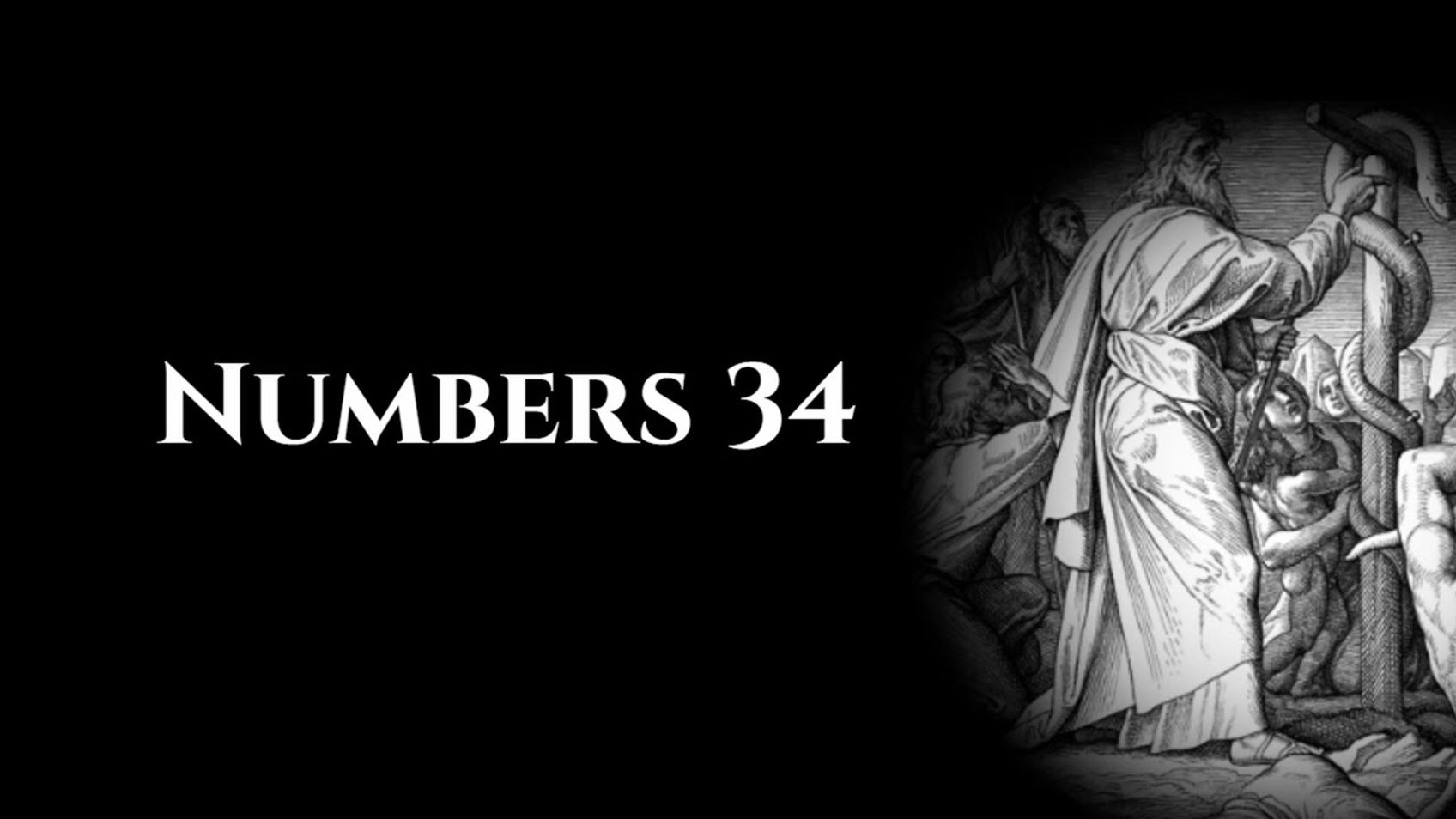Numbers 34
May 27, 2022

Alastair Roberts
The boundaries of the Promised Land.
My reflections are searchable by Bible chapter here: https://audio.alastairadversaria.com/explore/.
If you are interested in supporting this project, please consider supporting my work on Patreon (https://www.patreon.com/zugzwanged), using my PayPal account (https://bit.ly/2RLaUcB), or buying books for my research on Amazon (https://www.amazon.co.uk/hz/wishlist/ls/36WVSWCK4X33O?ref_=wl_share).
You can also listen to the audio of these episodes on iTunes: https://itunes.apple.com/gb/podcast/alastairs-adversaria/id1416351035?mt=2.
More From Alastair Roberts
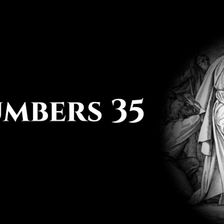
Numbers 35
Alastair Roberts
May 28, 2022
The cities of the Levites and the cities of refuge.
My reflections are searchable by Bible chapter here: https://audio.alastairadversaria.com/explore
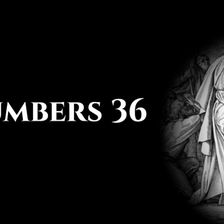
Numbers 36
Alastair Roberts
May 29, 2022
Further instruction concerning the daughters of Zelophehad.
My reflections are searchable by Bible chapter here: https://audio.alastairadversaria.com
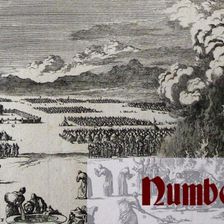
Numbers: Chapter-by-Chapter Commentary
Alastair Roberts
May 30, 2022
*CONTENTS*
00:00:00 - Chapter 1: The First Census
00:13:51 - Chapter 2: The Ordering of the Camp
00:20:39 - Chapter 3: Numbering the Levites
00:32:47
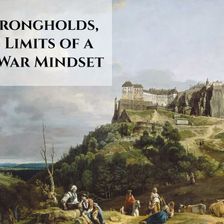
Skins, Strongholds, and the Limits of a Culture War Mindset
Alastair Roberts
May 25, 2022
If you are interested in supporting my work, please consider becoming a patron on Patreon (https://www.patreon.com/zugzwanged), donating using my PayP
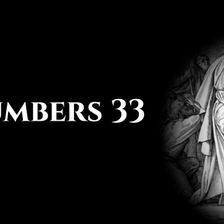
Numbers 33
Alastair Roberts
May 24, 2022
The wilderness itinerary.
My reflections are searchable by Bible chapter here: https://audio.alastairadversaria.com/explore/.
If you are interested
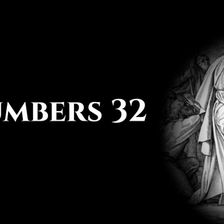
Numbers 32
Alastair Roberts
May 23, 2022
The Transjordanian tribes.
My reflections are searchable by Bible chapter here: https://audio.alastairadversaria.com/explore/.
If you are interested
More on OpenTheo

Are Demon Possessions and Exorcisms in the New Testament Literal?
#STRask
December 11, 2025
Questions about whether references to demon possessions and exorcisms in the New Testament are literal, how to talk to young children about ghosts, an

Is It Possible There’s a Being That’s Greater Than God?
#STRask
February 5, 2026
Questions about whether it’s possible there’s a being that’s greater than God and that’s outside of God’s comprehension and omniscience, and how to ex

Christmas Cranks and Christmas Blessings with Justin Taylor and Collin Hansen
Life and Books and Everything
December 17, 2025
If you are looking for a podcast where three friends talk about whatever they want to talk about and ramble on about sports, books, and grievances, th

Why Do We Say Someone Was Saved on a Particular Date If It Was Part of an Eternal Plan?
#STRask
November 24, 2025
Questions about why we say someone was saved on a particular date if it was part of an eternal plan, the Roman Catholic view of the gospel vs. the Bib

Why Would Any Rational Person Have to Use Any Religious Book?
#STRask
December 8, 2025
Questions about why any rational person would have to use any religious book, whether apologetics would be redundant if there were actually a good, un

Shouldn’t I Be Praying for My Soul Rather Than for Material Things?
#STRask
February 2, 2026
Questions about whether we should be praying for our souls rather than for material things, why we need to pray about decisions, whether the devil can

Can Two Logical People Come to Conflicting Conclusions Without Committing a Fallacy?
#STRask
January 8, 2026
Questions about whether two logical people can come to conflicting conclusions on a topic without committing a fallacy, how Greg, as a public figure,

Keri Ingraham: School Choice and Education Reform
Knight & Rose Show
January 24, 2026
Wintery Knight and guest host Bonnie welcome Dr. Keri Ingraham to discuss school choice and education reform. They discuss the public school monopoly'

Can You Provide Verifiable, Non-Religious Evidence That a Supernatural Jesus Existed?
#STRask
November 10, 2025
Question about providing verifiable, non-religious evidence that a supernatural Jesus existed.
* I am an atheist and militantly anti-god-belief. Ho

Does God Really Need a “Pound of Flesh” to Forgive Sins?
#STRask
January 12, 2026
Questions about how to answer the challenge that God doesn’t need a “pound of flesh” to forgive sins but can simply forgive, and whether the claim in

What Is the Role of the Holy Spirit in Our Lives if He Doesn’t Give Us Instructions?
#STRask
February 23, 2026
Questions about the role of the Holy Spirit in our lives, advice for someone who believes in God intellectually but struggles to understand how to hav

Life and Ministry in Charlotte and in the SBC with Clint Pressley
Life and Books and Everything
December 15, 2025
In a rare cultural anomaly that may never be repeated in our lifetimes, the current SBC President and current PCA Moderator live in the same neighborh

Does God Hear the Prayers of Non-Believers?
#STRask
February 26, 2026
Questions about whether or not God hears and answers the prayers of non-believers, and thoughts about a church sign that reads (as if from God), “Just

What Is Wrong with Wokeness? With Neil Shenvi
Life and Books and Everything
January 19, 2026
In this timely interview, Kevin talks to Neil Shenvi about his new book (co-authored with Pat Sawyer), entitled “Post Woke: Asserting a Biblical Visio

Conservatism and Religious Freedom with John Wilsey
Life and Books and Everything
October 27, 2025
What is conservatism? And why does it go hand in hand with religious freedom? How should we think about the American experiment of ordered liberty? Ha
